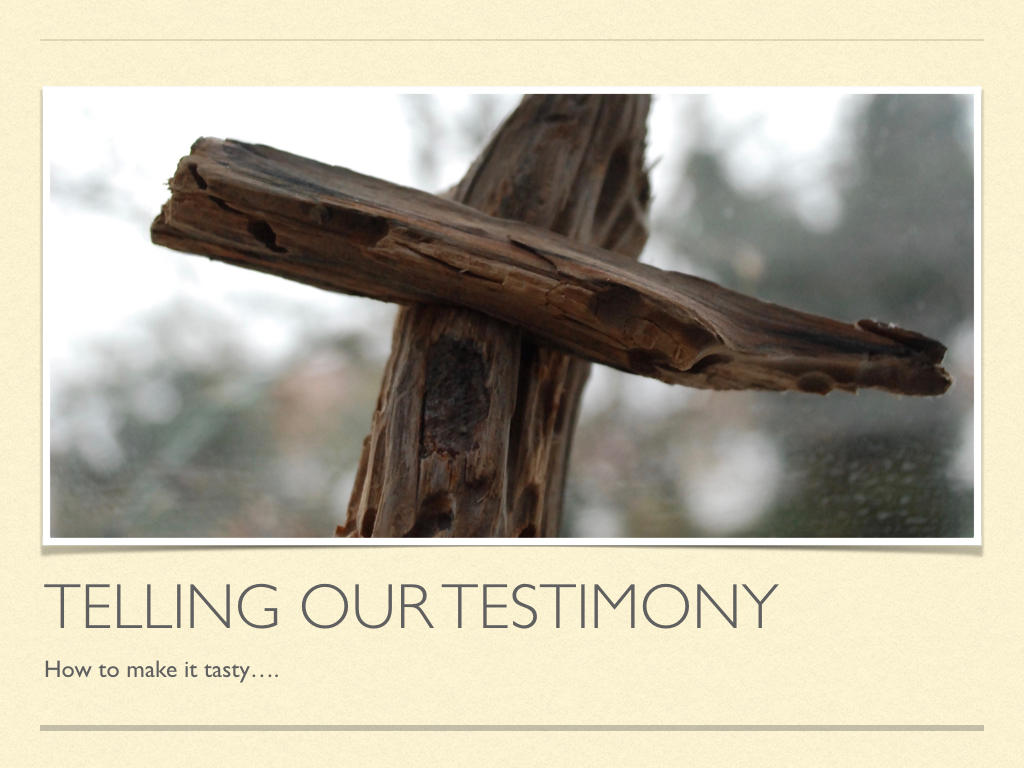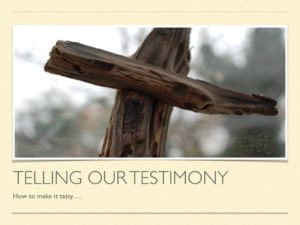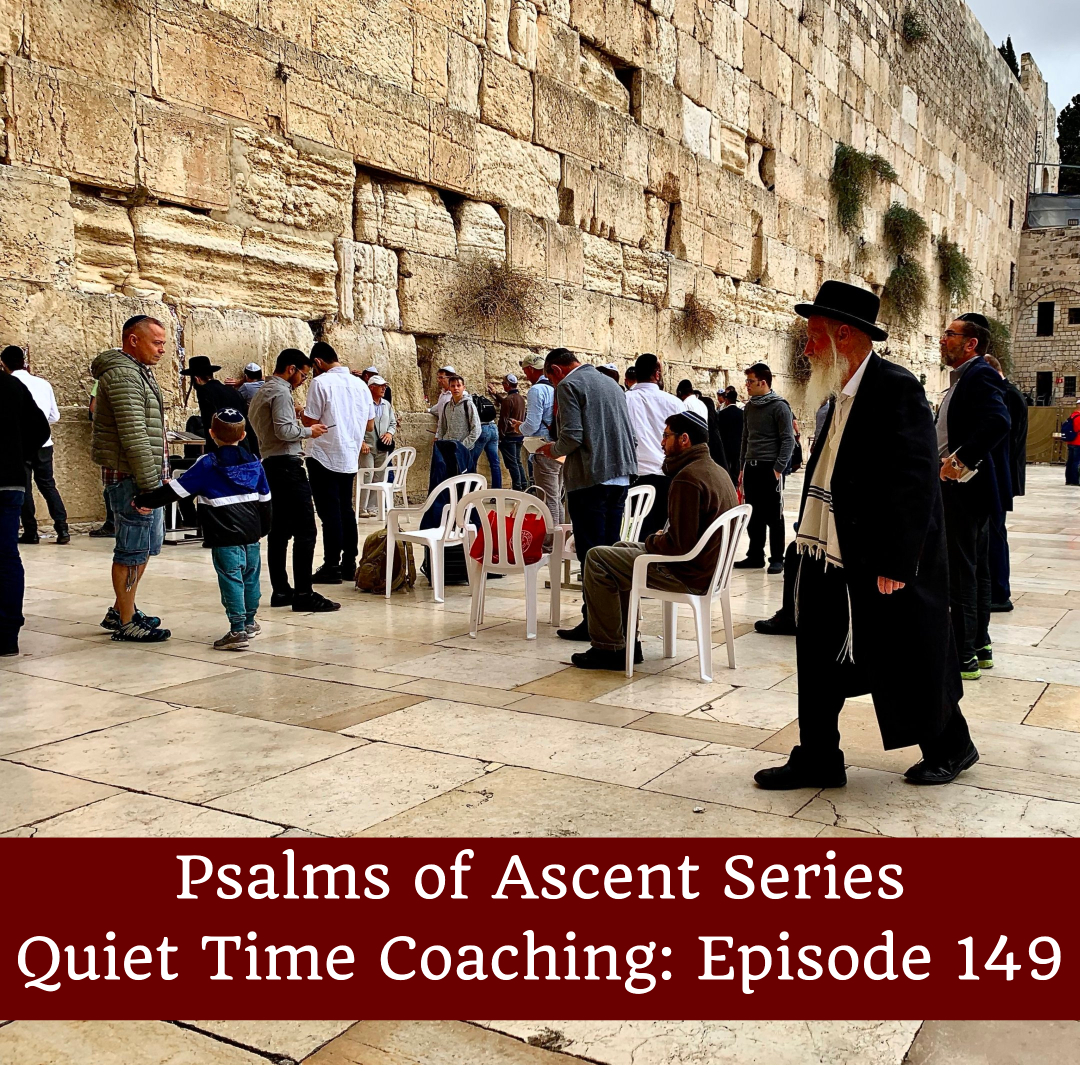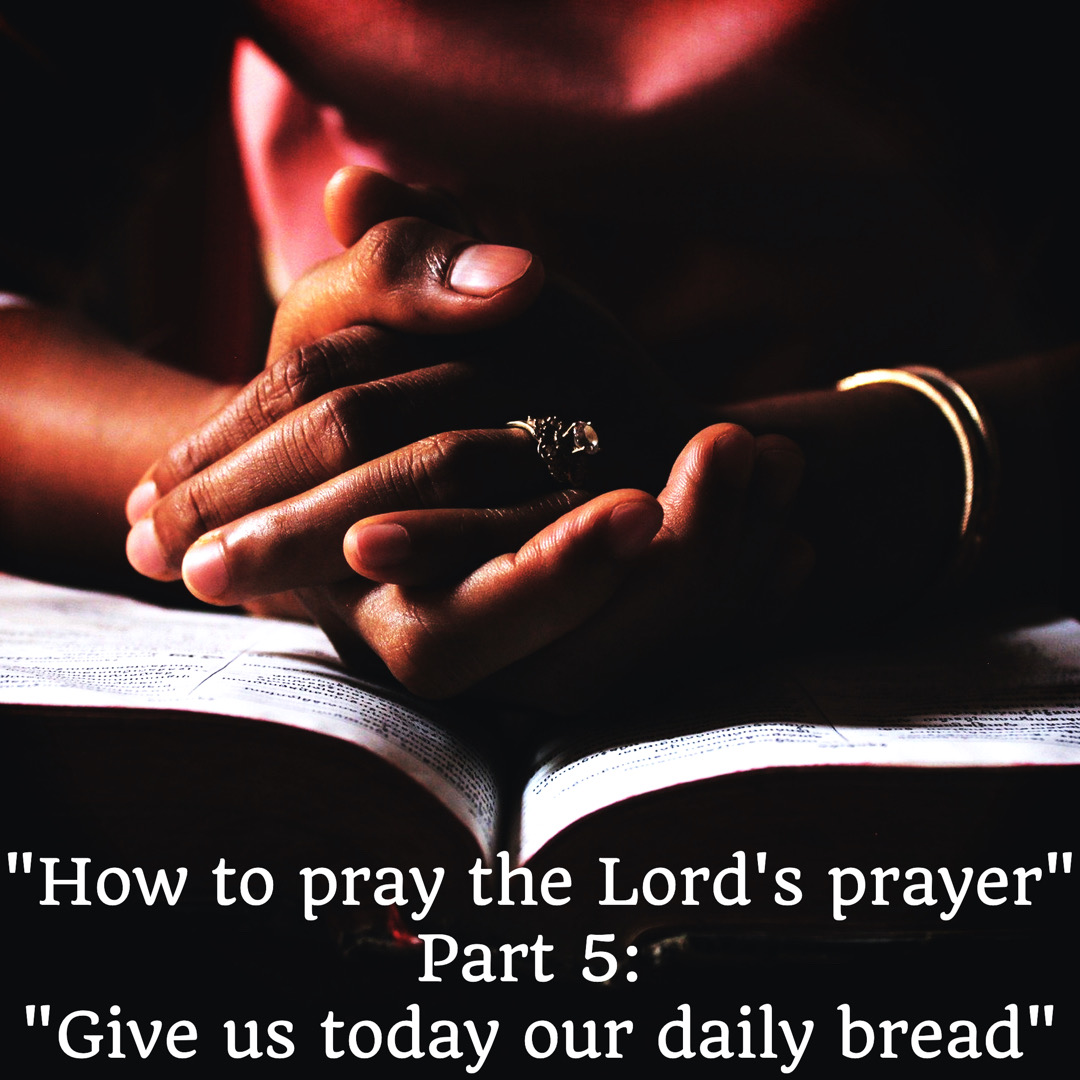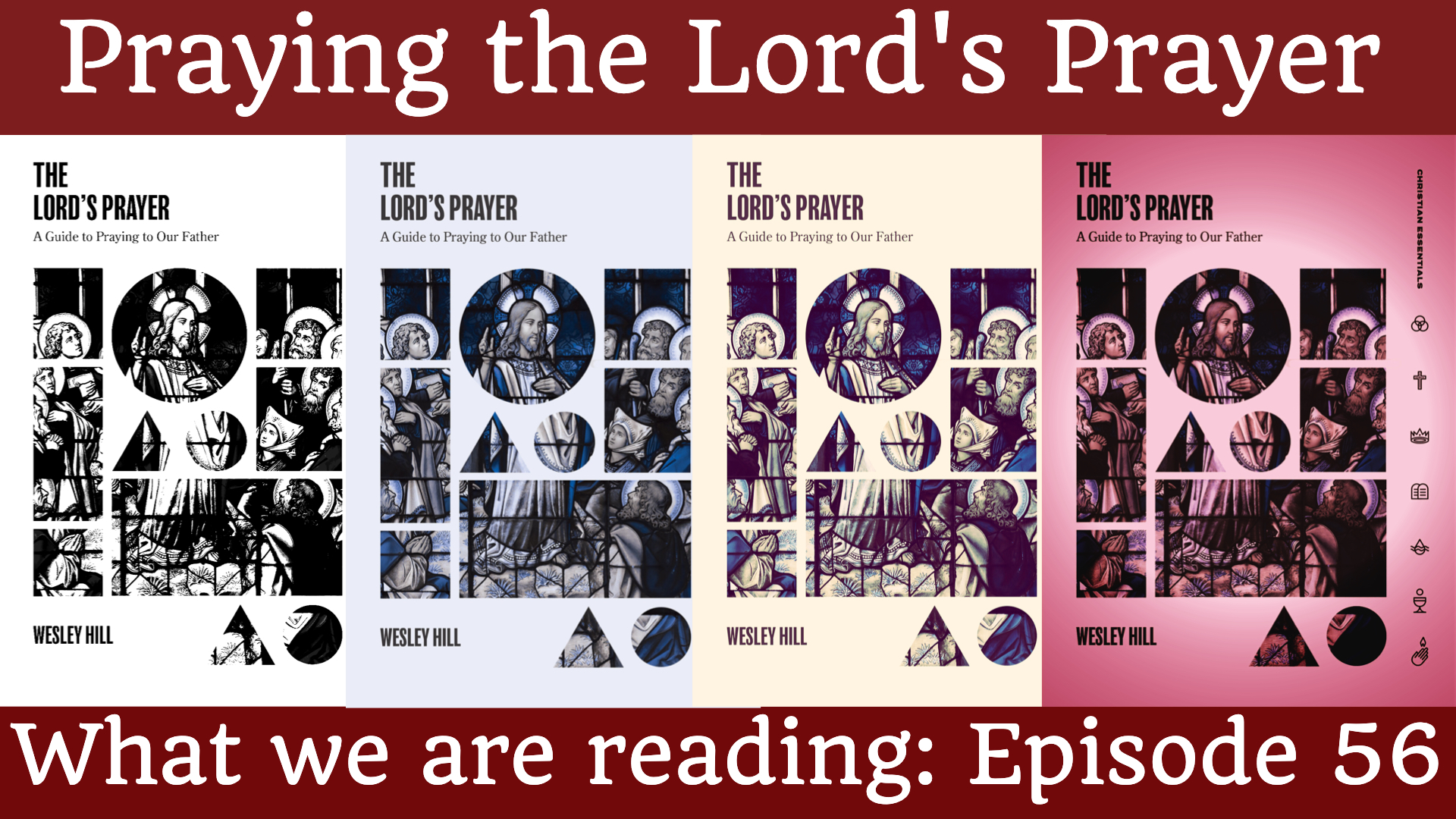What is a testimony? For the purpose of this article we’ll approach it thus:
A testimony is an opportunity for one person to tell another about the work of God in their life.
In other words, it is personal. It is not an exposition of scripture, or a lesson. It might be told to one person or many. It could be communicated via music, speech or the written word.
Do you feel confident telling your testimony? If someone asks you, if the door opens, can you give a succinct, compelling, persuasive summary of how you became a Christian and/or an example of the work of God in our life? We’ll take a look here at some ideas that might help us to be more confident and effective.
Testimonies are as old as Abraham. He told Abimelek that it was God who made him “wander from my father’s household” (Gen 20.13). Throughout the Old Testament people shared that it was God who spoke, acted, healed and guided them. Sometimes it was God’s people to whom they spoke, sometimes it was non-believers, and sometimes their enemies. The testimony-tellers were priests, prophets, kings and ‘ordinary’ people.
Testimonies also appear in the New Testament – most significantly in the Gospels and Acts. Take the man possessed by Legion: “Jesus sent him away, saying, “Return home and tell how much God has done for you.” So the man went away and told all over town how much Jesus had done for him.” (Luke 8:38–39 NIV11). Or the Samaritan woman who, after having a transformative conversation with Jesus, went back to her village and invited the inhabitants to, “Come, see a man who told me everything I ever did. Could this be the Messiah?” (John 4:29 NIV11). You can probably think of many more examples.
Acts is interesting. Paul is the prime example of a testimony teller. He tells his to a lynch mob, Felix and King Agrippa (Acts 22:6, 24.24; 26.14-15). These testimonies had a profound effect. So can ours. In his book, Peter May offers eight thoughts to help us prepare a compelling testimony. Here are mine.
1. Who are you talking to?
Are your audience mostly non-believers? Are they people like you, or different from you? Older, younger? If you are talking to an individual, what do you already know about them and their belief system? The more you know, the more you can and should tailor what to say. There’s no point in repeating what they already know. Adjust your language to your listener. Someone with English as a second language probably needs you to use fewer complex words.
2. Know your limitations
If you are a scientist, by all means talk about physics, genes and the theory of relativity. However, if you are no expert in these matters, you are better off sticking to what you do know. You will be more credible and sound like yourself instead of someone you think you ought to be.
3. Avoid alienation
Starting with general ideas is better than specifics. What’s wrong with this opening phrase, “I was a prolific consumer of porn”? The shock factor will make everyone sit up, but it will (whether it should or not) cause some people to feel revolted, and others to access their own shame. It divides the audience into those who will connect with you, and those who will decide you are a wicked person! Similarly, phrases like “I was brought up in a Christian home” are alienating – unless you are talking to people who were all raised in the same environment. Better to begin with questions like, “Have you ever wondered if what we see is all there is?”, or statements like, “I grew up confused about what life was really all about.”
4. What’s it all about?
Does your audience know why you are talking to them? Do you? In other words, are we clear that we are speaking to draw people to Jesus? We’re not there to make them laugh or cry. We’re not part of the entertainment, and we’re not trying to make people like us. Can you tell your story such that people think more highly of God? Think though what you are going to say and filter it through this lens.
5. Cut out jargon
A non-believer may well have no idea what justification, discipleship, repentance, salvation or sin are about. Remember, at least in the culture where I live, the majority have almost no Christian background and very little exposure to the Bible. We need to de-jargon our testimony. What words could you use instead of “discipleship”? How about “following” or “apprenticeship”? Alternatives to repentance could be, “turn-around” or “mind-change”. We can worry about bible terms later when our friends get into studying it. But for now, we need words and concepts that connect.
6. Who’s the hero?
Is it Jesus, or is it you? Write out your testimony and look at how many times you are mentioned and how many times Jesus/God are mentioned. Of course, we need to talk about ourselves enough to make a connection, but from there on the focus should be Jesus. Our goal is to make people curious about Jesus, not curious about us.
7. Honesty’s the best policy
An exaggerated story is soon found out. If you were a billionaire, say so. If you were an addict or criminal, please tell all. But, if you were average, with standard problems and achievements in life, let that be your story. The depths of loneliness, emptiness and hunger for meaning apply to all people anyway. You don’t have to have a “spectacular” story to have a spectacular impact.
8. Unhelpful Questions
The question we want to leave in people’s minds is something like, “How can I get to know more about this Jesus?” Anything that distracts from this is unhelpful. Therefore, let’s restrict ourselves to subjects that point people to Jesus, rather than those that take them away from him. A testimony is not the place to discuss politics or the ethical use of GM crops. “Before I was a Christian I voted Conservative, but now I’m a Christian I vote Labour.” is going to be unhelpful. We have no idea how Jesus would have voted.
9. Where are we going?
Audiences are helped with their attention if they have some idea of where we are going in our testimony. Something like, “There were three key moments in my becoming a Christian, and I’d like to tell you about them” lets the listeners know where they are in your story. We don’t need to structure the thing to death, but bear in mind that, although you know where you’re going, no one else does, and people don’t like following someone who’s is not telling them where they are going.
10. End well
Introductions and conclusions are the hardest to write. But they may be the most important parts. In general, the advice is to keep it simple. Say what you’ve got to say, end with a simple statement, say, “thank you” and sit down. A question works well. Something like, “Now you’ve heard my story, what’s will you do next?”, or, “You’ve heard my take on Jesus, what’s yours?”
Concluding thoughts
Testimonies are under-used in our services. Perhaps because they’ve not often been done well. What from the above helps you? Do you have suggestions of your own? Email me, mccx@mac.com, or tweet me, @mccx.
Let’s tell our story well – the world is waiting to hear that there’s better way, and there is – with Jesus.
Malcolm
See the accompanying video & audio version.
Based on ideas from the book, “The Search for God” by Peter May
